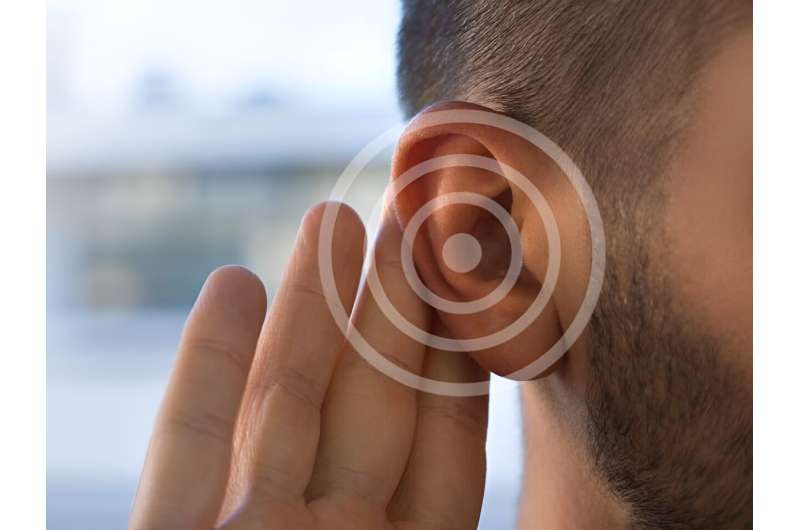This article has been reviewed according to Science X's editorial process and policies. Editors have highlighted the following attributes while ensuring the content's credibility:
fact-checked
reputable news agency
proofread
A year after launch, OTC hearing aids aren't catching on with U.S. consumers

It's now been possible to buy a hearing aid over-the-counter for nearly a year, but few Americans are doing so.
More education is needed about just who these over-the-counter (OTC) hearing aids can help, according to the American Speech-Language-Hearing Association (ASHA). It polled more than 2,200 Americans about the issue in late June and early July.
Just 2% of respondents aged 40 and older who have hearing difficulties said they had purchased an OTC hearing device, the poll showed.
In all, 4% said they were likely to purchase an OTC hearing aid in the next year.
About 56% of respondents said their hearing wasn't the best. Only 8% had been treated.
Many said their hearing difficulties weren't "bad enough" to warrant care, the ASHA found.
About 48% of respondents with untreated hearing difficulties let their symptoms persist for more than two years. Nearly one-third of folks with hearing difficulties said their quality of life had been adversely affected.
"Hearing problems aren't uniform. They vary and, thus, so does treatment," Janice Trent, vice president for audiology practice at the ASHA, said in an association news release. "The longer one waits to act, the greater and more costly problems can become."
That's why ASHA urges the public to seek a comprehensive hearing evaluation from a certified audiologist before purchasing an OTC device or taking some other step.
"Insurance providers cover these evaluations, which ensure that care is appropriate and effective," Trent said.
ASHA noted that a recent study found that using hearing aids can significantly reduce cognitive ("thinking") decline.
OTC devices are intended for people aged 18 and up who have mild to moderate hearing loss. They're not meant for children.
Advertising about the devices isn't always helpful, according to ASHA, which noted an inaccurate comparison between OTC hearing aids and reading glasses. The hearing aids do not simply increase sound volume. Hearing can be damaged if an OTC is over-amplified, the association warned.
"Hearing health must be a priority, not something that is taken lightly, neglected, or treated inappropriately or without clear and complete information," Trent said. "We will continue to educate the public and professionals about OTCs as well as [about] the importance of hearing health and taking prompt action when hearing difficulties arise."
More information: The U.S. Centers for Disease Control and Prevention has more on hearing loss.
Copyright © 2023 HealthDay. All rights reserved.





















